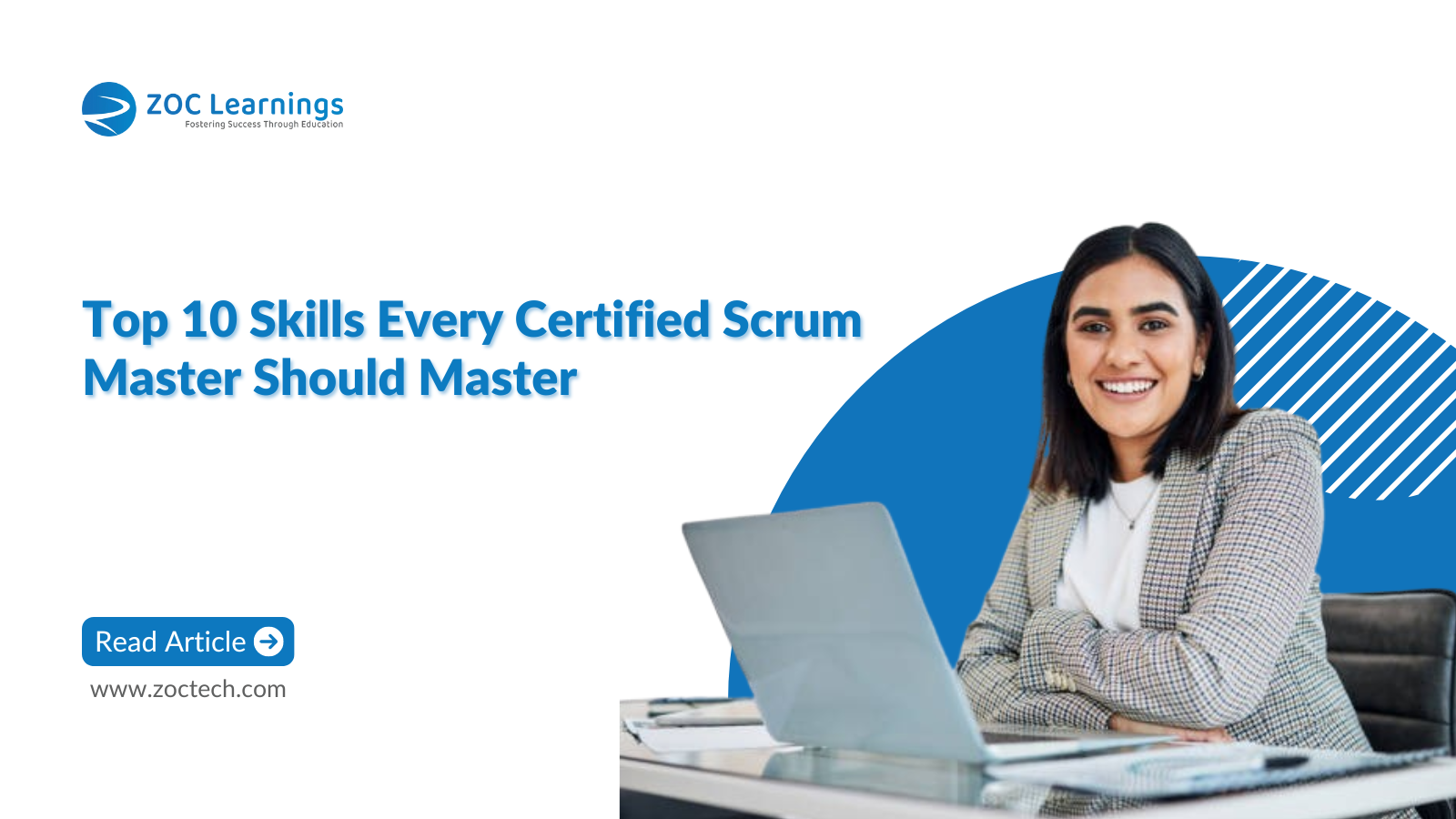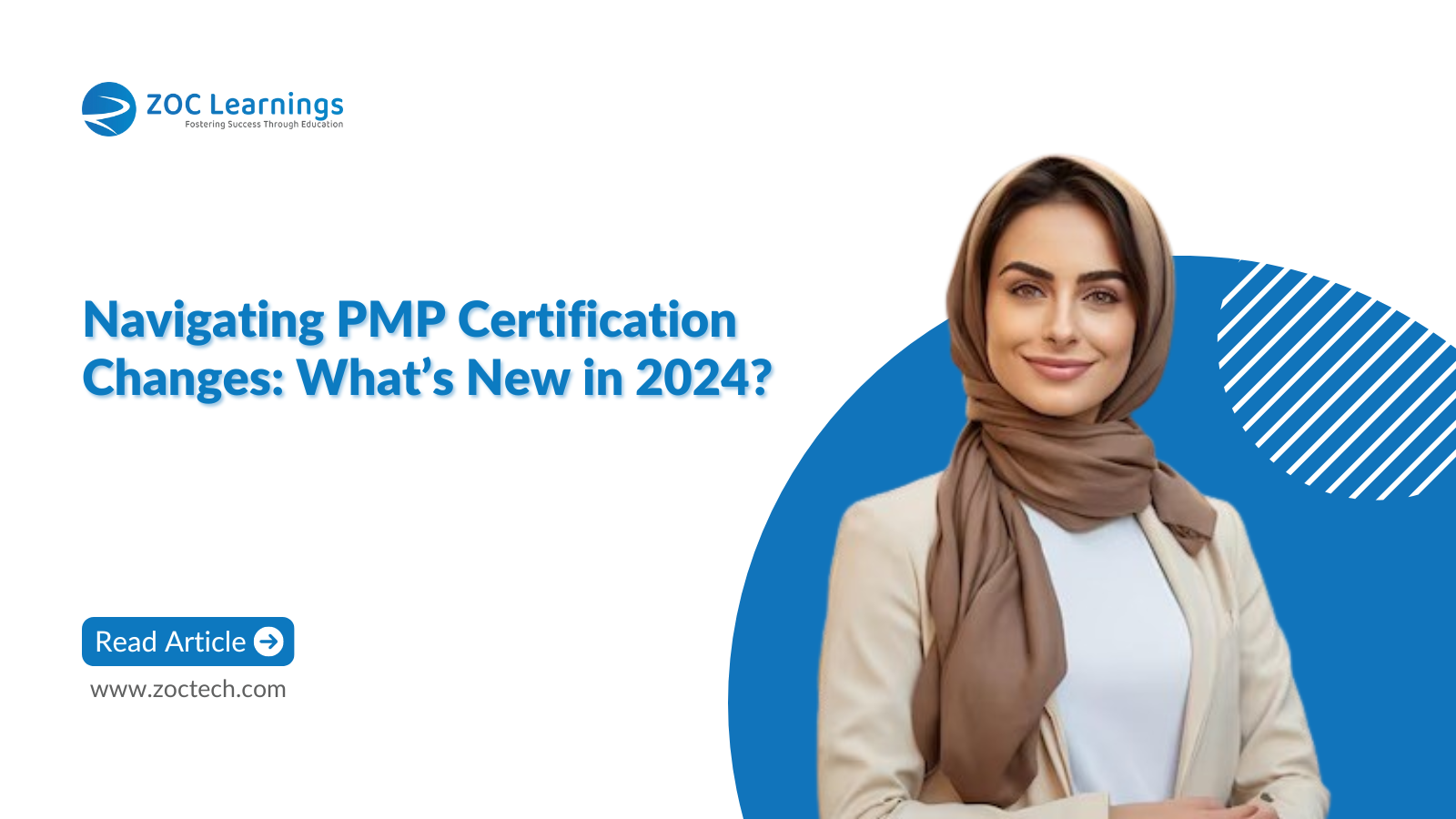With more than 1.2 million certified professionals, Project Management Professionals (or PMP) is one of the most sought-after project management certification courses worldwide. If you are aspiring to get started with the course, here’s a comprehensive guide to help you through it.
What is the PMP Certification?
The Project Management Professional certification is a widely accepted project management credential that evaluates a candidate’s skill in managing the people, processes, and business priorities of a professional project.
PMP certification is hailed as the gold standard in project management since it perfectly combines all key project management abilities like budget planning, risk assessment, leadership, team building and operational management, and so on. It is approved by PMI (Project Management Institute) and can help you stand out in your field by showcasing your outstanding leadership and problem-solving skills.

Don't miss out - Subscribe to get the latest insights!
How to get started with the PMP certification course?
As one of the important project management certification courses, getting a PMP certification requires rigorous training and undertaking an examination accredited by PMI. You can attain the certification by following the given steps:
Step 1: Meet the PMP prerequisites
While it is an ideal course for project managers, team leaders, project sponsors, coordinators and the like, PMI lays down specific eligibility criteria to start the PMP certification course. This includes:
If you have a four-year degree, you must have 35 hours of project management training as well as at least 36 months of project management experience.
OR,
If you hold an associate or secondary school degree, such as a senior school, pre-degree, or pre-university certificate, you can take a 35-hour project management course after 60 months of experience.
Pro tip: You should keep a record of your projects and training, noting details such as your precise role, your duties, and the duration of the projects or training so that you may refer to it when you apply. Having a CAPM certification entitles you to a waiver of the training requirement.
Create a PMI account to begin the application process for the PMP exam. This will require disclosing basic personal information like your school history and specifics of the projects Create a PMI account to begin the application process for the PMP exam. This will require disclosing basic personal information like your school history and specifics of the projects you have worked on. After being accepted, you’ll pay the exam fee and set a test appointment.
When preparing for the best project management certification, you have to put in the hours. A standard dedication of 60-120 hours should suffice based on your experience. While some professionals prepare for the exam independently, most opt for a PMI-accredited course for expert guidance.
Step 4: Take the PMP certification course exam
PMP examinations can be taken at a center near you or online and is of a 4-hour duration. To get more details about the exam format, you can check the details at PMI’s official website or a reliable source like ZOC Learnings.
Step 5: Maintain the certification
The PMP certification has a three-year validity. To keep it, you will need to invest 60 hours per year in professional development activities. If not, you can register to retake the test.
Tips for successfully acquiring the PMP certification
The PMP certification test is, without a doubt, one of the toughest professional competitive exams. You need months of intensive training and careful planning to pass your certification exam the first time. Here are some tips that will help you prepare:
The Project Management Body Of Knowledge or PMBOK is the roadmap for your preparation. Start with the guide and make sure to use it thoroughly for critical thinking to apply it to real-life scenarios during the exam.
– Invest in an end-to-end course
A comprehensive training program is a better investment than purchasing books and documents separately. Go for a course that provides relevant study material, mock tests and covers the syllabus in detail. A good training program, such as the one offered by ZOC, also includes:
- Ebooks, case studies and exercises
- Doubt-clearing sessions
- Question banks and training kits
Apart from your regular coursework, discussion groups are a great way to connect with a community of learners. You also get to know what doubts they are having and seek help in case of roadblocks.
Why take a PMP certification course?
While there are other project management certification courses, PMP holds more credibility. Apart from various skills, you also boost your learning experience and its real-life application. Beyond that, you also get –
- An average of 16% higher salary than non-certified professionals.
- Capability to foresee risks and hazards and handle situations with grace.
- Higher preference in hiring processes.
- Updates on the industry standards.
- Connections to like-minded professionals.
When working for the best project management certification, make sure you put your best foot forward. If you want to get started with the PMP course or have a conversation to understand the course, click here to connect with an expert at ZOC Learnings right away!
FAQs
Q1: What are the eligibility requirements for PMP certification?
A1: To be eligible for the PMP (Project Management Professional) certification, you need to have a secondary degree (high school diploma, associate’s degree, or global equivalent) with a minimum of five years of project management experience, during which you must have accumulated at least 7,500 hours leading and directing projects. Alternatively, you can have a four-year degree (bachelor’s degree or global equivalent) and a minimum of three years of project management experience with 4,500 hours leading and directing projects.
Q2: How can I apply for the PMP certification exam?
A2: To apply for the PMP certification exam, you should follow these steps:
- Create an account on the PMI (Project Management Institute) website.
- Complete the online application form, providing accurate information about your education and work experience.
- Pay the exam fee, which varies depending on whether you are a PMI member or non-member.
- Once your application is reviewed and approved, you will receive an eligibility notification.
- Schedule your exam through the PMI website or a Pearson VUE test center.
Q3: What is the format of the PMP certification exam?
A3: The PMP certification exam consists of 200 multiple-choice questions that you need to answer within a time limit of 4 hours. These questions are based on the PMBOK (Project Management Body of Knowledge) Guide and cover various aspects of project management, including initiation, planning, execution, monitoring and controlling, and closing.
Q4: How can I prepare for the PMP certification exam?
A4: To prepare for the PMP certification exam, consider the following steps:
- Study the PMBOK Guide, which is the primary reference for the exam.
- Take a PMP exam prep course or use study materials from reputable sources.
- Solve practice questions and take mock exams to assess your knowledge and improve your test-taking skills.
- Create a study schedule and stick to it, dedicating sufficient time to each knowledge area.
- Join PMP study groups or forums to discuss topics and share experiences with other candidates.
Q5: How long is the PMP certification valid, and what is the renewal process?
A5: The PMP certification is valid for three years. To renew it, you must earn 60 Professional Development Units (PDUs) during the three-year cycle. PDUs can be obtained through various activities such as attending seminars, webinars, workshops, or by contributing to the field of project management through volunteering or publishing articles. Once you’ve earned the required PDUs, you can submit your renewal application through the PMI website and pay the renewal fee.










